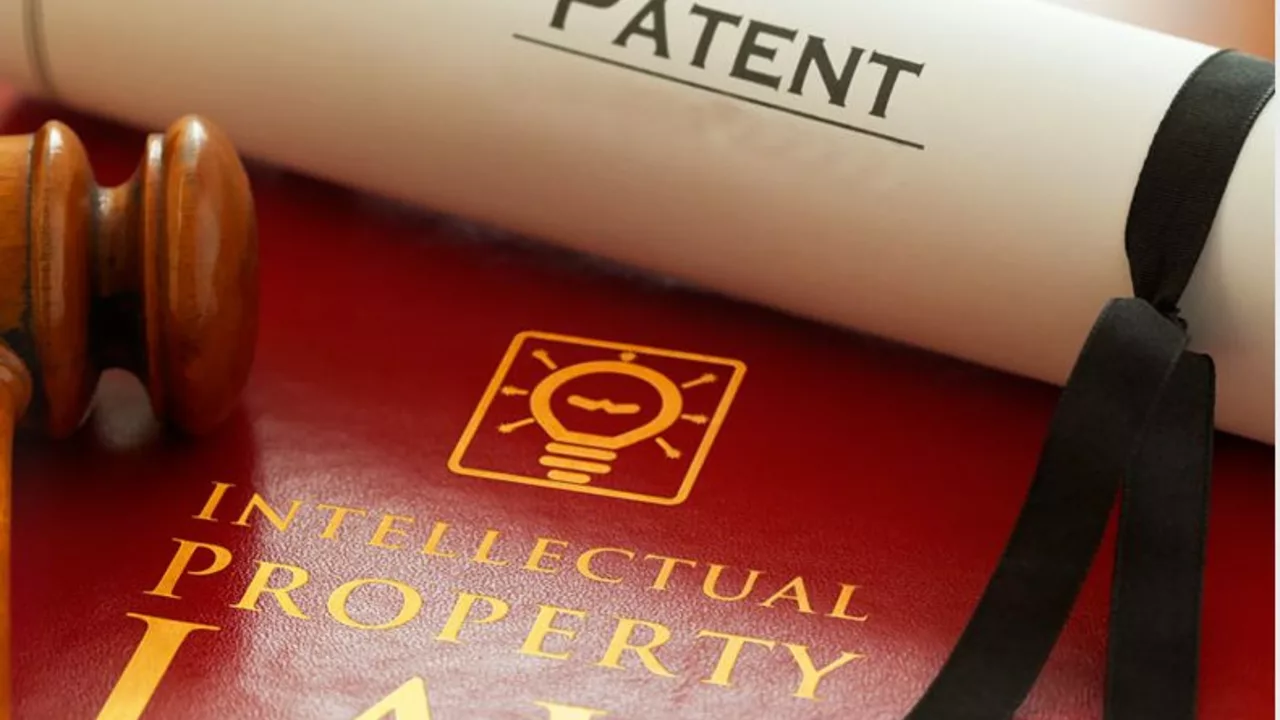Understanding the Concept of Trademarks
In the simplest terms, a trademark is a symbol, name, or phrase that is legally registered or established by use as representing a company or product. These trademarks are used to differentiate products and services from different companies. They serve as identification codes for businesses, helping consumers to recognize the source of a particular product or service. So, when we talk about the phrase 'Everyone Dies™' being trademarked, we are essentially exploring whether a company or individual has claimed exclusive rights to use this phrase in a commercial setting.
Trademarks are a crucial part of the business world. They provide businesses with a unique identity and help prevent consumer confusion. A strong trademark can become a valuable asset for a company, contributing significantly to its brand value. However, not all phrases, names, or symbols can be trademarked. There are certain legal requirements and procedures that need to be fulfilled for a trademark to be registered.
Examining the Phrase 'Everyone Dies™'
The phrase 'Everyone Dies™' on the surface, may seem like a general statement about the inevitability of mortality. However, in a commercial context, it could be used in various ways. For instance, it could be the tagline for a video game, a title for a thriller movie, or even a slogan for a life insurance company. The possibilities are endless. However, the pertinent question here is whether or not this phrase has been trademarked.
When it comes to trademarking, not every word or phrase can be registered. The United States Patent and Trademark Office (USPTO), the body that handles trademarks in the United States, states that generic terms, descriptive phrases, or common expressions often can't be trademarked. They need to be unique, distinctive, and directly linked to the products or services of the business in question.
Researching 'Everyone Dies™' Trademark Status
Investigating the trademark status of any phrase, including 'Everyone Dies™', involves a straightforward process. The first step is to visit the online database of the USPTO and conduct a search. If the phrase is indeed trademarked, it will appear in the database with details about who owns the trademark and for what goods or services it's registered. This process can be replicated in other countries by visiting their respective trademark offices' websites.
However, it's worth noting that even if a phrase isn't registered as a trademark in one country, it could be registered in another. Trademark laws vary from country to country, and a phrase may be trademarked in the United States but not in Canada, for example. Therefore, a comprehensive search should involve checking multiple databases.
Implications of 'Everyone Dies™' Being Trademarked
If 'Everyone Dies™' is indeed a trademarked phrase, it means that the registered owner has exclusive rights to use it for commercial purposes in the category under which it's registered. This could have implications for other businesses or individuals who wish to use the phrase. They would need to seek permission from the trademark owner or risk infriting on their rights, which may result in legal action.
For consumers, a trademarked 'Everyone Dies™' could potentially serve as a symbol of quality, assurance, or a particular brand's image. Especially if the trademark owner has built a strong reputation around this phrase.
Conclusion: Is 'Everyone Dies™' Trademarked?
So, is 'Everyone Dies™' actually trademarked? The answer isn't as straightforward as one might assume. It requires comprehensive research into various trademark databases across different countries. And even then, the conclusion might not be definitive due to the intricacies involved in trademark laws and the possibility of the phrase being used under different categories or jurisdictions.
While it's clear that any word, name, or phrase can theoretically be trademarked, the ultimate decision lies with the trademark offices and legal systems of each country. The phrase 'Everyone Dies™' is no exception to this rule. Whether it's trademarked or not, it certainly makes for an intriguing discussion about the fascinating world of trademarks.
